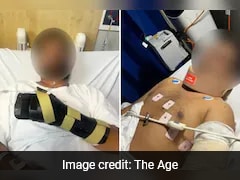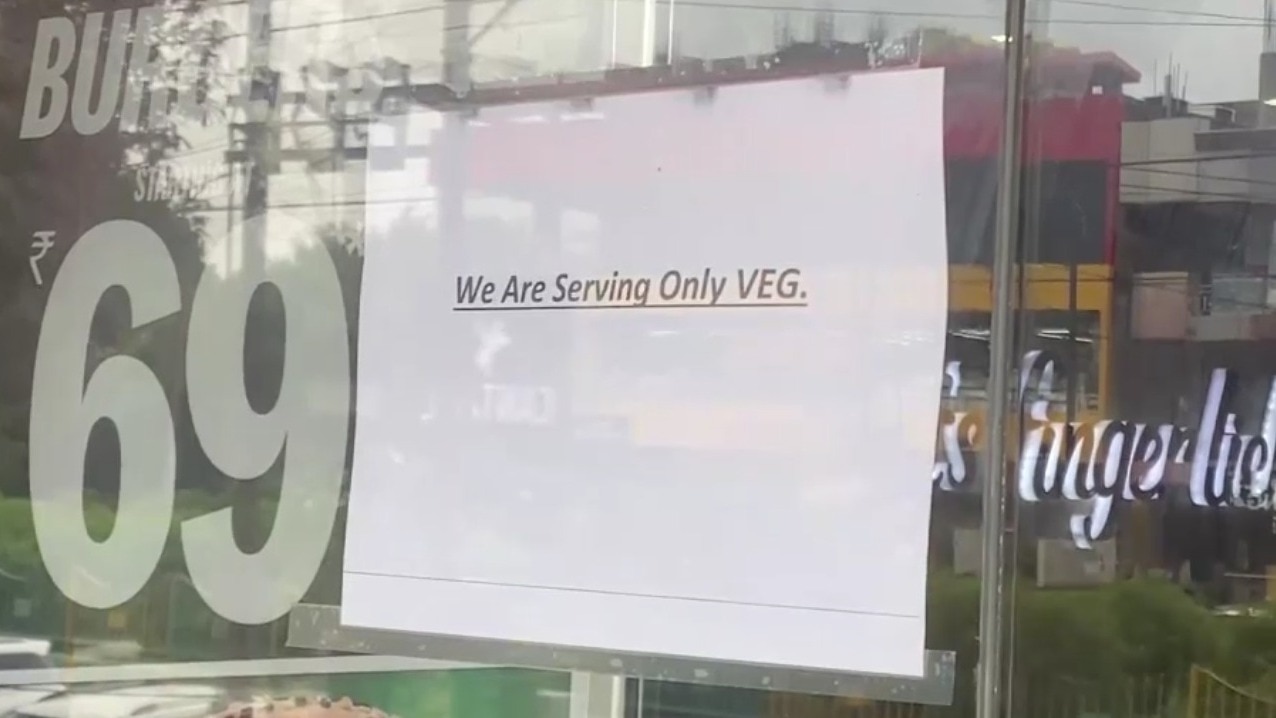ARTICLE AD BOX
Besides its work on the 7/11 case, the Innocence Network India is helping other terror accused with legal aid
A narrow, rain-soaked lane in Mumbai’s Vikhroli leads to a small ground-floor room. Inside, a few chairs, a chatai, shelves of books, and maps of India and the world hang on the wall. This unassuming space is the ‘secretariat’ of
Innocence Network India
, a coalition of lawyers, prison‑rights activists and civil society groups who work for “the rights of those wrongfully prosecuted or convicted, especially under
terrorism charges
.”
On July 21, when the Bombay High Court acquitted all 12 men convicted of the 2006 Mumbai train blasts — also known as the
7/11 bombings
— some credit was due to this little-known coalition that kept the pressure alive, along with the efforts of the Maharashtra unit office of
Jamiatul Ulema-e-Hind
. Wahid Shaikh, who helped found the network, is visibly happy, and yet combative, seated in his two-room tenement. It’s where Shaikh, a school teacher in Nagpada, central Mumbai, spends most of his after-school hours running Acquit Undertrial, his one-man YouTube channel that amplifies cases of alleged
wrongful prosecution
and demands compensation for acquitted convicts. It was here that he recorded a congratulatory message for the accused and their families the night before the verdict. “I was 100% sure that the High Court would exonerate them. I recorded it before the order was pronounced,” says Shaikh. He should know. He was one of 13 men arrested under the Maharashtra Control of Organised Crime Act (MCOCA) for the train blasts. He spent nine years in Arthur Road Jail before being acquitted in 2015. The only one to walk free at the time.



.png)
.png)
.png)
















 11 hours ago
5
11 hours ago
5








 English (US) ·
English (US) ·